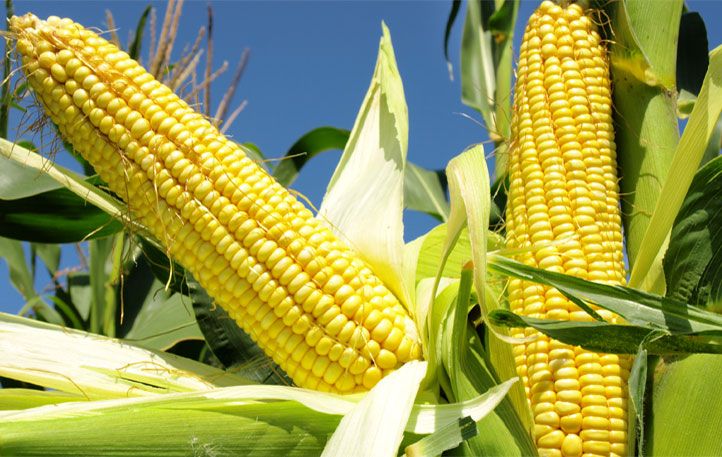Mexico authorized imports of formulated glyphosate for 459.1 tons from September 2021 to June 2022, informed the Presidency of the Republic.
At the same time, the Mexican government denied the importation of 13,808.4 tons of the same product, due to the fact that the 2021 quota of the two requesting companies had been exhausted in previous authorizations.
The request to import glyphosate from September 2021 to June 2022 was equivalent to 1% with respect to the amount required in the same period of 2018-2019, the last period in which these authorizations were made without restrictions.
Thus, these restrictions are the result of a decree published on December 31, 2020 in the Official Gazette of the Federation (DOF) that aims to gradually replace the use of glyphosate and agrochemicals used in Mexico that contain it as an active ingredient, with «sustainable and culturally appropriate alternatives» that allow maintaining production and are safe for human health, the country’s biocultural diversity and the environment.
On December 21, 2021, the National Council of Science and Technology (Conacyt) issued, for the second consecutive year, a recommendation to the Ministry of Environment and Natural Resources (Semarnat) and the Ministry of Health that allows them to support the maximum amount of glyphosate that individuals may import during 2022.
In parallel, the Mexican federal government supports 62 projects for an amount of 165 million pesos that affect 31 states. These projects develop proposals for best practices for agroecological crop management, technological solutions for bioremediation, residue monitoring, as well as biological alternatives for the control of weeds.
Glyphosate imports
In addition, Conacyt, together with the Federal Commission for Protection against Health Risks (Cofepris) coordinated the development of working groups on «Regulatory Innovation for the Use of Bioinputs». These activities lay the foundations for the massive use of biological alternatives for the control of pests.
Also on November 9, 2021, the digital platform «Agroecology and the substitution of glyphosate» was inaugurated, in order to implement actions aimed at its gradual elimination in the country.
The portal makes it possible to collect, manage and disseminate information to the public on the environmental damage caused by the use of glyphosate, as well as to disseminate alternative agroecological management experiences in the use of this herbicide by producers in the country.
As of June 2022, there are 17 successful experiences of producers with alternative sustainable agroecological management practices.
Finally, from September 2021 to June 30, 2022, the analytical offer for the analysis of pesticides was strengthened, the methodology for the determination of glyphosate, glufosinate and fosetyl aluminum in corn and its derivatives was accredited. In addition, 14 laboratories recognized for the analysis of pesticide residues and pathogenic microorganisms were verified.

